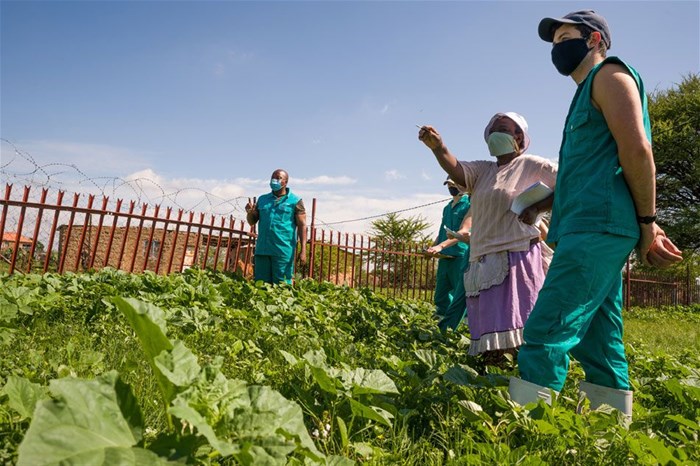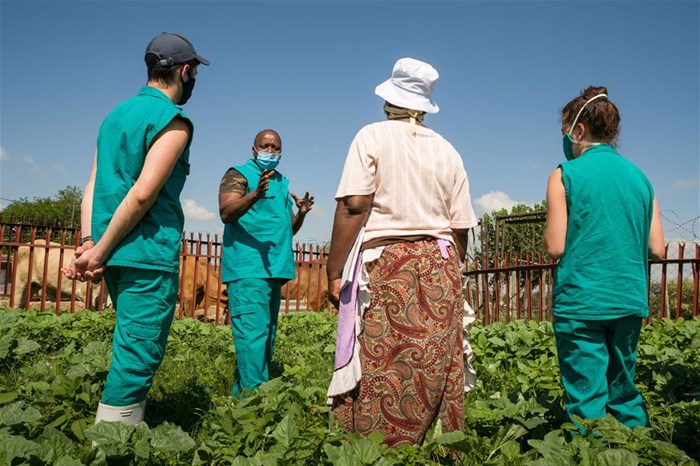
Top stories






LifestyleWhen to stop Googling and call the vet: Expert advice on pet allergies from dotsure.co.za
dotsure.co.za 2 days
More news

















However, lack of knowledge on best farming practices is often a hindrance to successful and profitable livestock production in the small-scale farming community, with herd diseases and animal mortalities often leading to losses and posing a serious risk to rural livelihoods. Besides limited access to veterinary services, small-scale farmers are faced with challenges related to poor education, poverty, and unemployment.
The Faculty of Veterinary Science at the University of Pretoria (UP) has a long history of supporting farmers close to its Onderstepoort campus. About 30 years ago, a mobile outreach clinic was set up as an extension of the Onderstepoort Veterinary Academic Hospital to offer basic clinical services to resource-poor individuals in the Hammanskraal and Ratjiepane areas. In 2011 the Afrivet Chair in Primary Animal Health Care (PAHC) was established, which provides support and training to livestock farmers within an 80km radius of Onderstepoort. Students in their clinical years of study are taught the methodology of PAHC and how to formulate and apply an extension strategy for a community. They engage in knowledge transfer to farmers during supervised training visits on aspects such as optimisation of communal production systems and prevention of diseases.
The skills imparted through PAHC training are practical interventions that can be undertaken by a farmer on an ongoing basis. Positive feedback has been received from both the communities and the veterinary students – while the community gains knowledge on how to look after their livestock and improve productivity, students are exposed to the unique socio-cultural dynamics, challenges, and opportunities of rural production systems, which serves as preparation for their post-graduation community service year in rural state veterinary areas.

There is also the annual Feedlot Challenge, which sees fifth-year veterinary students engage with the community about the operations of modern feedlot systems. Farmers participate in various stages and learn about proper selection of good animals for feedlots. Students later visit individual farmers to assess their feedlot operations and provide recommendations on areas for improvement.
Through the PAHC training process, we have learned that there are several necessary factors for positive interaction between students and community members: there needs to be a willingness among farmers to participate in sessions. Continuous communication is important, allowing for enough assessments and follow-up sessions. Farmers need to have material translated into their language, and need to be exposed to appropriate tools.
The programme is not without its challenges, including time constraints for revisiting individual farmers, along with securing funds to print relevant training material and purchase medication and basic tools.
It is, however, a great privilege to be able to assist in nurturing healthy, productive animals, and to contribute to improving the livelihoods of rural communities. We have already extended our training to other provinces such as Mpumalanga, KwaZulu-Natal and the Eastern Cape and, depending on available funding, intend on spreading it throughout the country.